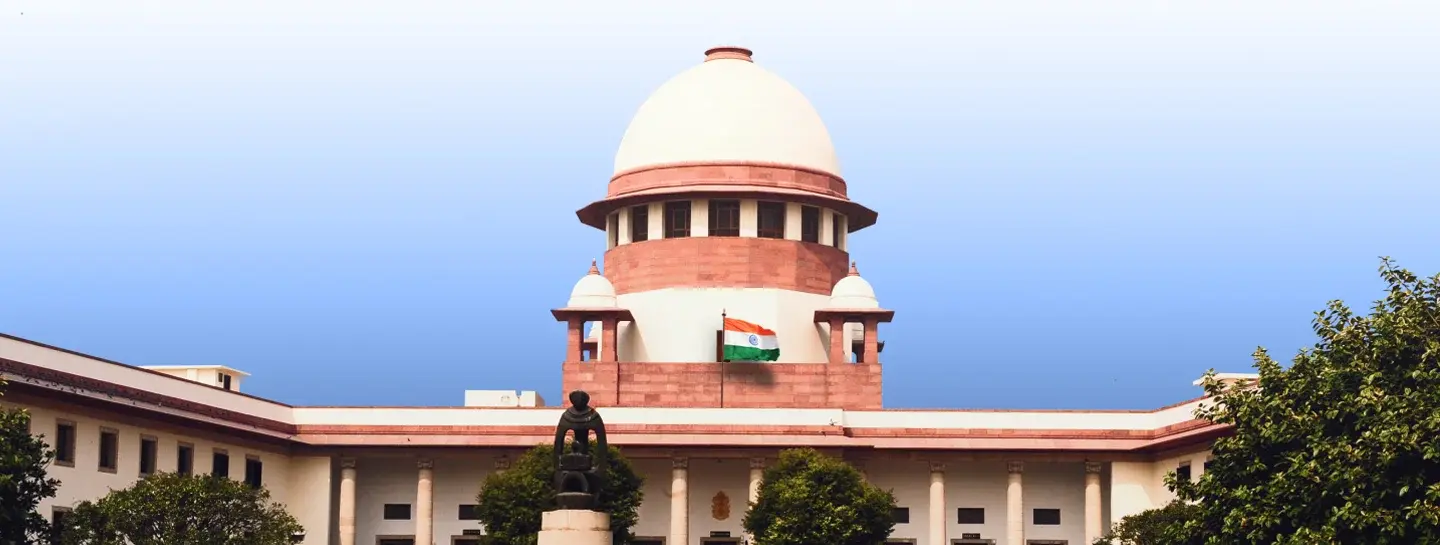NEET PG 2025 answer keys to be made public for first time after Supreme Court push
By Administrator | Career | 22-Aug-2025 12:57:26

News Story
In a landmark development for medical aspirants, the National Board of
Examinations in Medical Sciences (NBEMS) will, for the first time, publish the
official answer keys, individual responses, and the normalisation formula for
NEET PG 2025. The move follows a Supreme Court directive aimed at bolstering
transparency and accountability in large-scale competitive examinations.
The results of NEET PG 2025 were declared on
August 19, but this year’s cycle stands apart: never before has NBEMS opened
its evaluation process to such scrutiny. Until now, the Board had resisted
releasing answer keys, citing risks of exam content misuse.
Transparency
in focus
This year, more than 2.42 lakh candidates appeared for NEET PG, held on
August 3 across 301 cities and 1,052 centres. With the exam’s vast scale, the
Supreme Court emphasized that fairness and clarity in evaluation were
non-negotiable.
NBEMS has confirmed that the official answer
key, along with candidates’ individual responses, will be hosted on a new
online portal. Aspirants will need to log in using their application
credentials to access the information. Importantly, the published data will
align with a master question set, ensuring that even with randomized question
orders and shuffled options, candidates can verify their performance against a
uniform benchmark.
Reinforcing
trust in evaluation
Alongside the answer keys, NBEMS will also disclose the raw scores and the
normalisation method used to standardize results across candidates. The Board
said this measure directly addresses longstanding concerns about fairness in
evaluation and will strengthen trust in the examination system.
Candidates will be able to download their
detailed scorecards from August 29. According to the Supreme Court’s April 29
order in SLP No. 9298 of 2018, NBEMS is now legally bound to make the answer
keys, scores, and evaluation methodology public.
By opening up its scoring system for scrutiny, NBEMS is setting a precedent for greater transparency in national-level examinations — a shift many education experts say was long overdue.